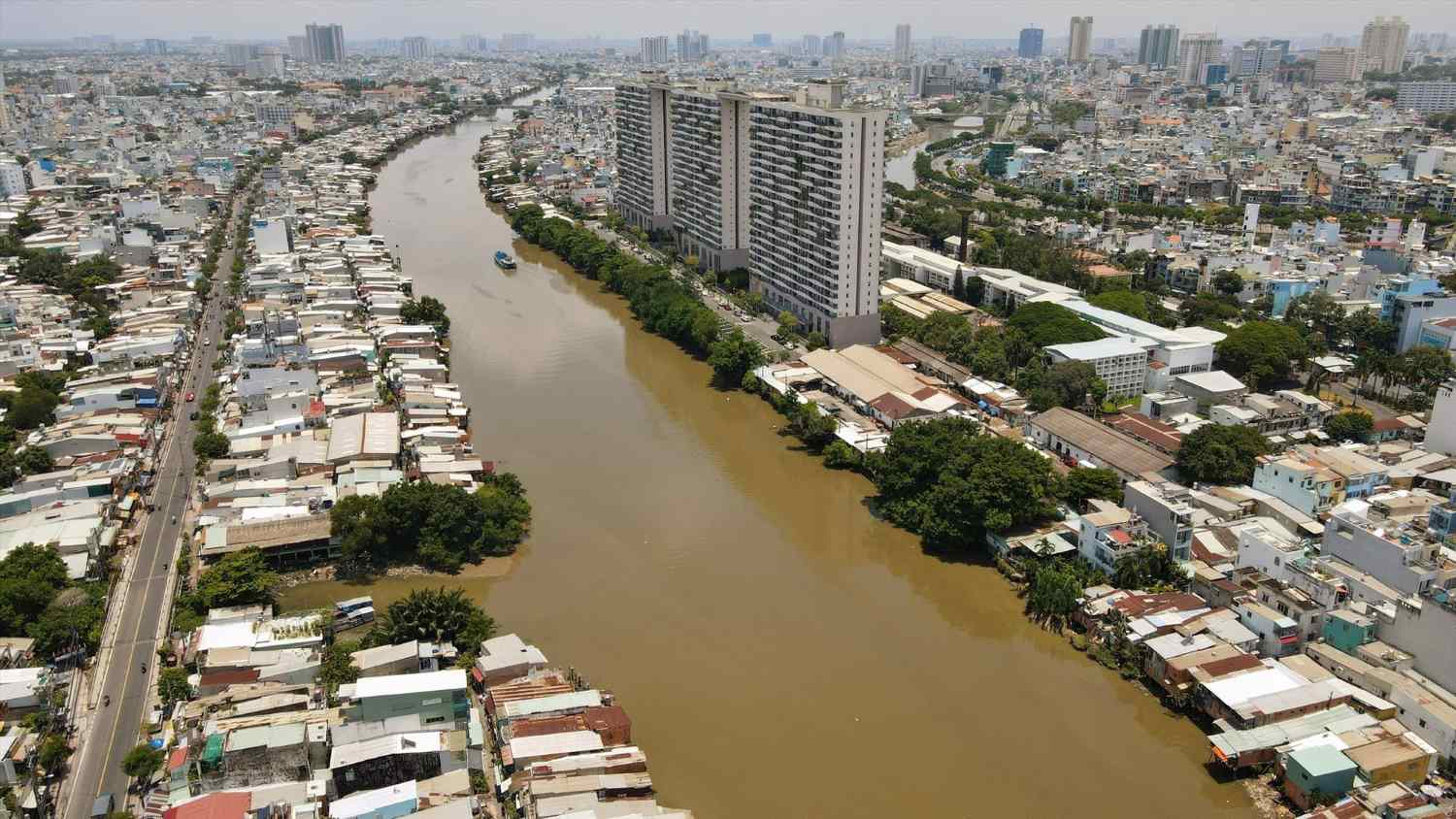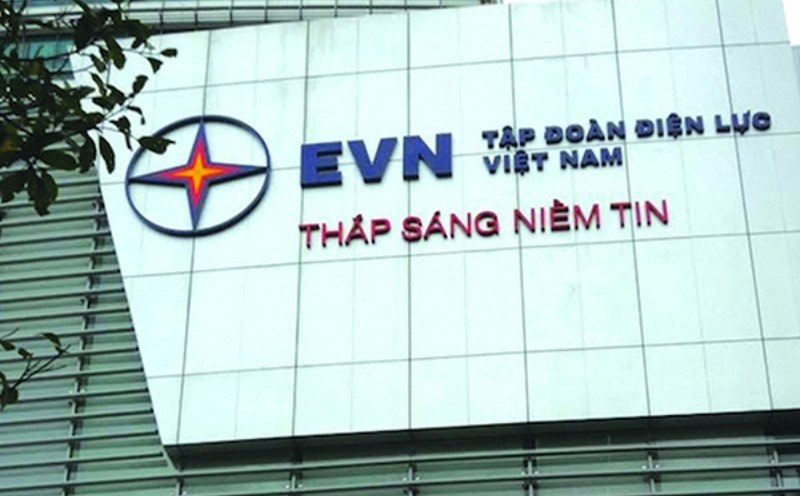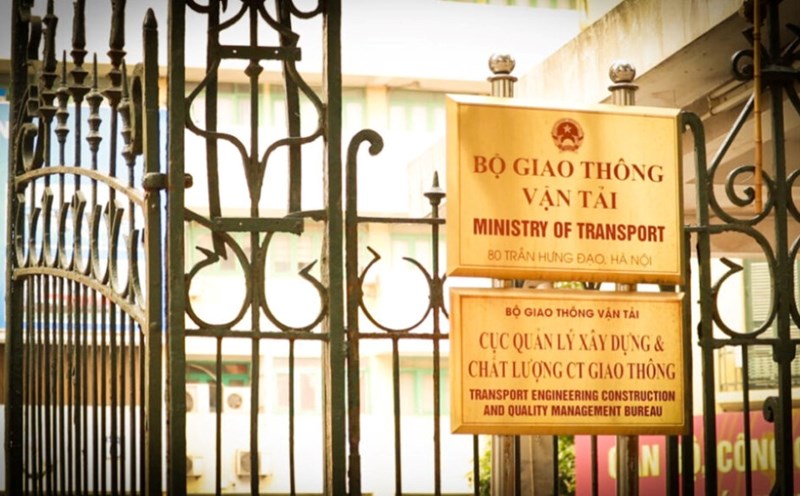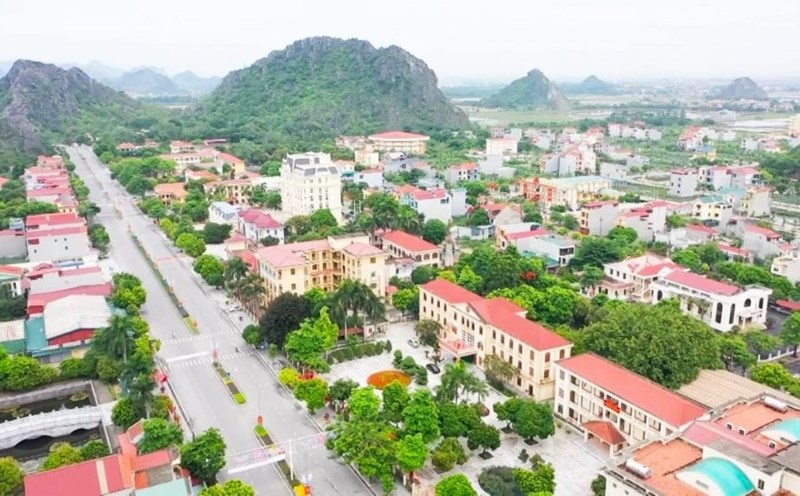This information is stated in a document from the Department of Natural Resources and Environment (DONRE) of Ho Chi Minh City sent to the Chairman of the People's Committee of Ho Chi Minh City regarding ensuring land funds and resettlement housing when the State reclaims land in the city.
According to the Department of Natural Resources and Environment, the lack of residential land and resettlement housing is one of the biggest difficulties at present. This situation not only slows down the progress of compensation and support but also prolongs the time for handing over land for key projects, affecting the disbursement of public investment capital.
Currently, districts often have to use land funds from other localities. For example, Nha Be district does not have resettlement land funds, so it has to use land and apartments from District 7.
The two projects to renovate Xuyen Tam Canal (Binh Thanh and Go Vap districts) and the North bank of Doi Canal (District 8) due to lack of resettlement land fund also forced to arrange new accommodation for people in many different areas.
The Xuyen Tam Canal renovation project uses 16 resettlement areas in Binh Thanh, District 10, District 12 and Thu Duc City.
The project to renovate the North bank of the Doi Canal will arrange resettlement in 8 land plots in District 8, Binh Tan, Tan Phu and Binh Chanh districts.
This arrangement is not suitable to the needs and wishes of the people, and is not in accordance with resettlement principles, causing difficulties in compensation and support work.
According to the Department of Natural Resources and Environment of Ho Chi Minh City, the Land Law 2024 stipulates in Clauses 5 and 6, Article 91, requiring: Resettlement areas must have adequate technical and social infrastructure, in accordance with approved detailed planning. At the same time, the resettlement areas must meet the customs and practices of the community whose land is recovered.
The policy of the 13th Party Central Committee in Resolution No. 18-NQ/TW2022 also emphasizes: "After land recovery, people whose land is recovered must have a place to live, ensuring a life equal to or better than their old place of residence".

To solve the above problem, the Department of Natural Resources and Environment recommends that the Chairman of the Ho Chi Minh City People's Committee direct districts and Thu Duc City to proactively review and prepare reports on vacant land, public land and ineffective land use to implement resettlement projects. At the same time, solutions are needed to ensure sufficient land for compensation and resettlement before land acquisition.
The Department of Natural Resources and Environment of Ho Chi Minh City also proposed assigning the Department of Construction of Ho Chi Minh City to coordinate with relevant units to develop a unified process for establishing and implementing resettlement projects, helping localities proactively and effectively implement them.
Ho Chi Minh City currently has more than 48,000 houses located on and along rivers, canals and streams. Of these, only about 1,400 houses have been compensated and cleared. The remaining about 46,500 houses do not have a compensation or resettlement plan.
According to the Ho Chi Minh City Department of Construction, the demand for social housing to serve the relocation of houses along canals varies by locality, with an average rate of about 40%.
The Ho Chi Minh City People's Committee is developing a project to relocate all houses along canals, expected to submit a report to the City Party Committee and Ho Chi Minh City People's Council before March 2025.










